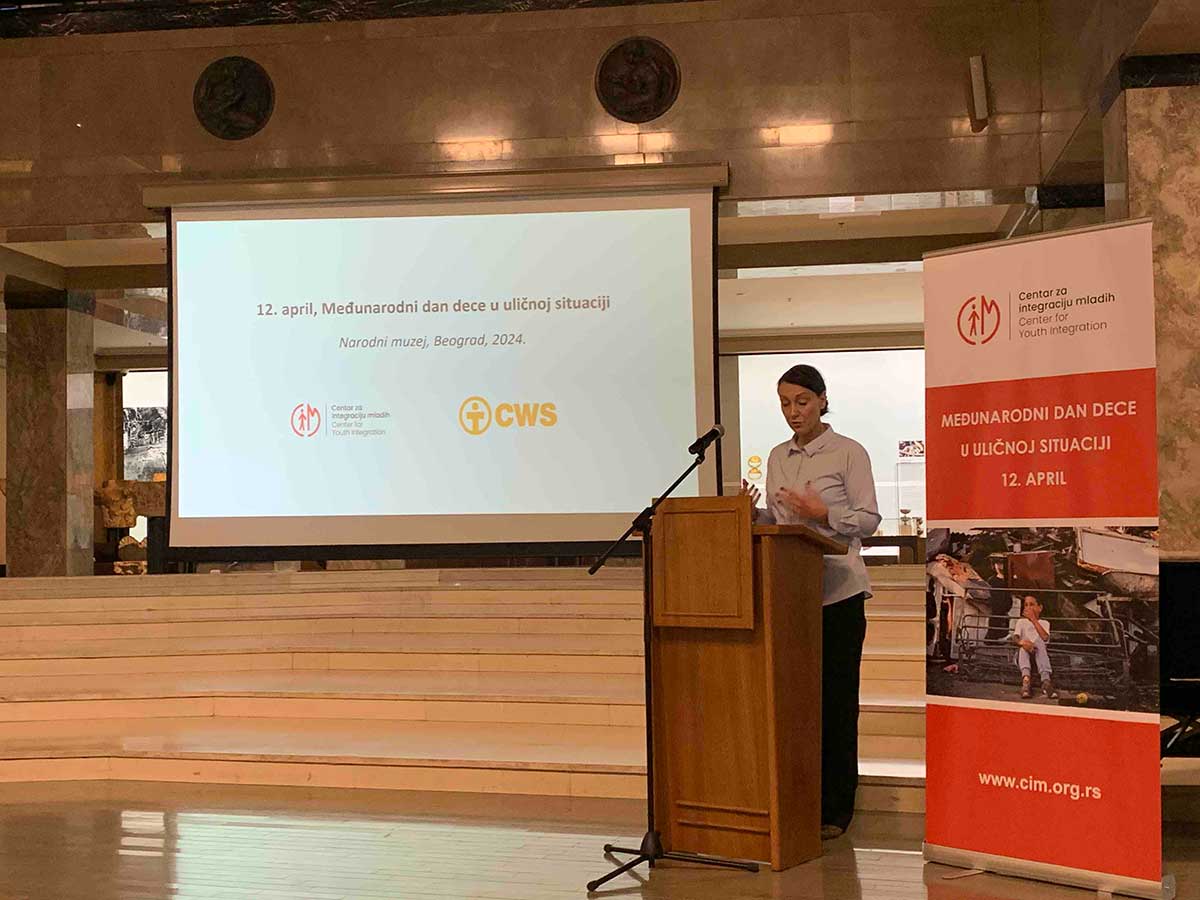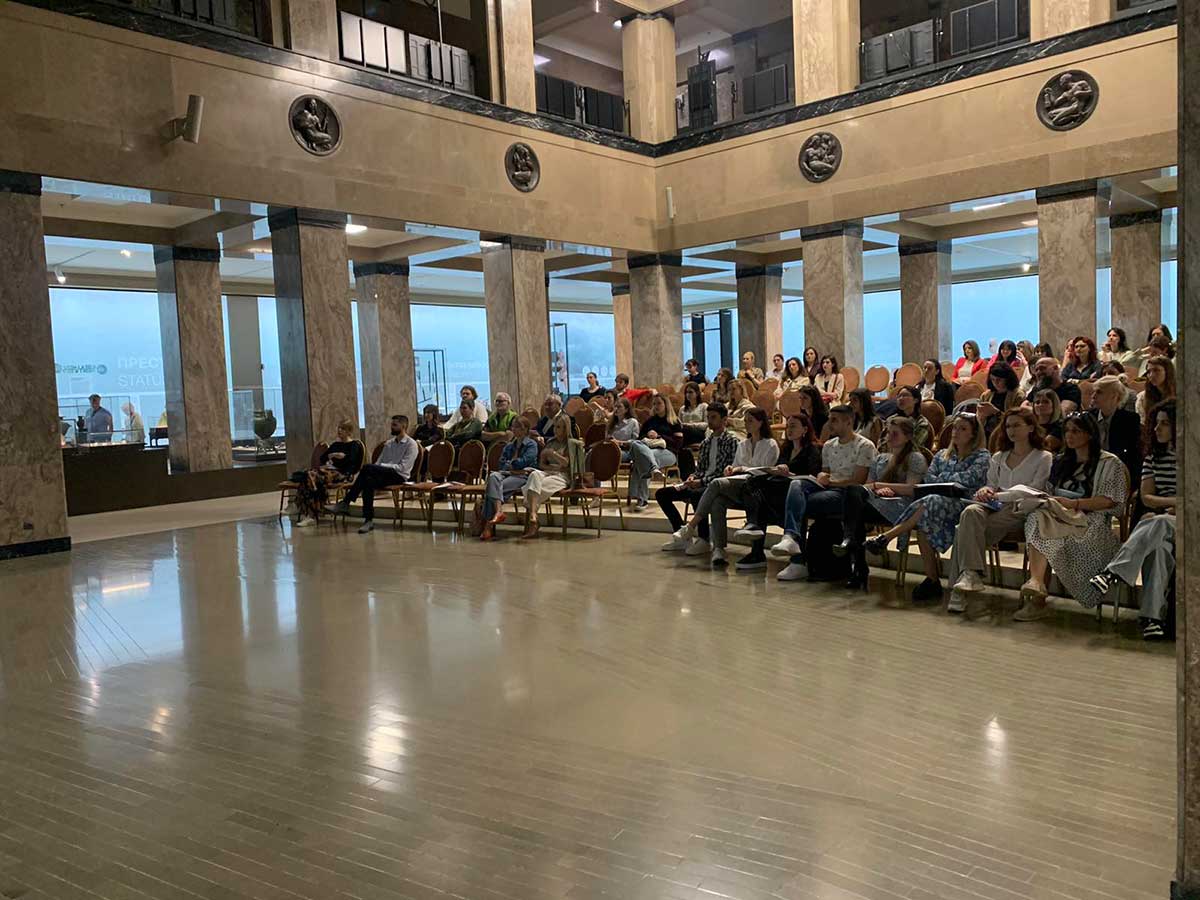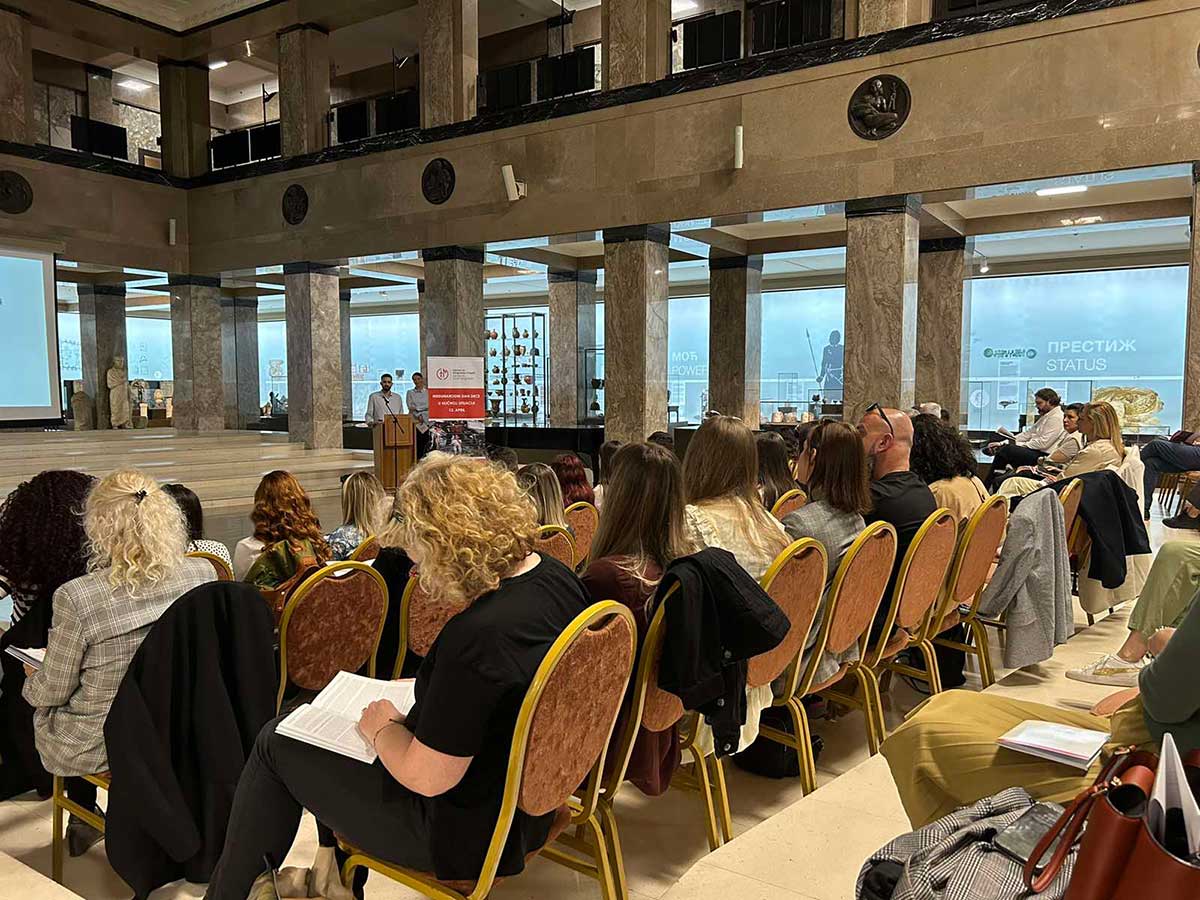“Two thirds of residents of informal settlements experienced four or more traumatic events during their childhood”

This year, the Center for Youth Integration marked the International Day of Street Children by presenting the results of the research “Adverse childhood experiences among residents of informal settlements”.
With the support of Church World Service Europe, and in cooperation with a professional research team
– Prof. Dr. Oliver Tošković, Assoc. Milica Pejović Milovančević, Ph.D., Jelena Vasić, Ph.D. and Svetlana Pavlović, the research was conducted on a sample of 505 residents of informal settlements. All informal settlements are located on the territory of Belgrade, the respondents were between the ages of 18 and 65, and the research was conducted during May and June last year.
The aim of this research on adverse childhood experiences (ACEs) such as abuse, neglect and other unfavorable circumstances in the child’s close environment (alcohol and drug abuse, mental illness and suicide in the family, community violence etc.) was to determine the prevalence of these negative events among residents of informal settlements up to the age of 18, their interrelation with education, health and general well-being in the later life of these people.
Here are some of the results from this study but also comparison with the same study conducted on a sample of the general population in Serbia (UNICEF 2018):
- high exposure to traumatic events that result in diseases, risky behaviors and poorer educational achievements, regardless of the gender and age of residents of informal settlements
- 68.5% of respondents experienced four or more ACEs during childhood, while 41% of them in the general population
- only 3% of residents of informal settlements report that they did not have any adverse life experience while growing up, while 13% of people in the sample of Serbian residents did not have such experiences
- the health problems of this group of people are also indicated by the fact that in the last year they have visited a doctor an average of 5 times, compared to the general population who do so three times
- residents of informal settlements experienced significantly fewer positive experiences compared to the general population
- while in the general population of residents, the experience of benevolent experiences in childhood somewhat alleviated the consequences of unfavorable experiences – the absence of this effect among residents of informal settlements is a warning data
For 20 years, the Center for Youth Integration has been implementing various services and programs for children in street situations and their families who live in informal settlements. In 2023 alone, through all our services and programs, we supported 1,683 children. According to CIM data from 2022, 76% of households in informal settlements identify themselves as Roma.
April 12, began to be marked as the International Day of Street Children for the first time in 2018.
Full report on this research, you can find here.


